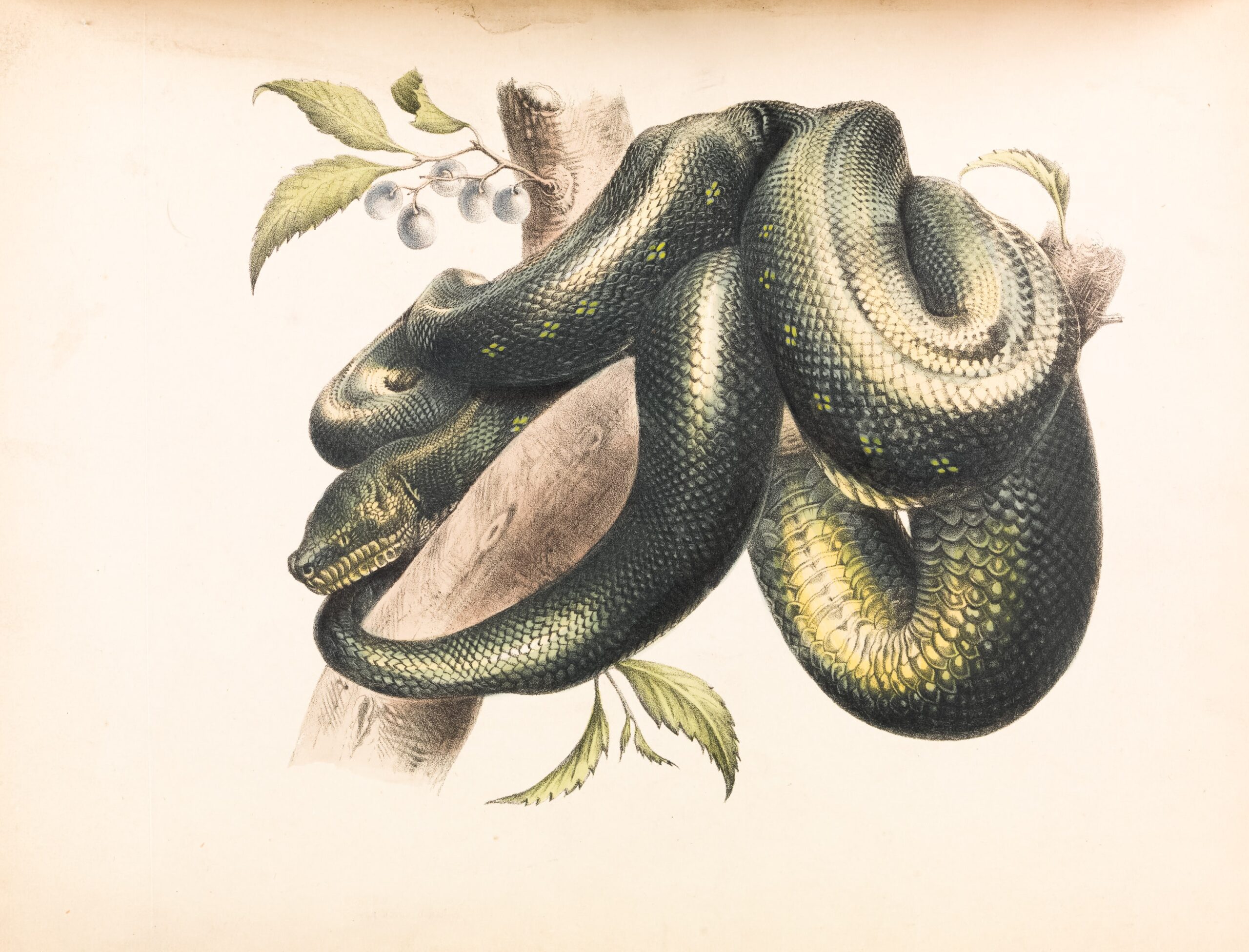But I am afraid that just as Eve was deceived by the snake’s cunning, your minds may somehow be led astray from your sincere and pure devotion to Christ. For if someone comes and preaches a Jesus other than the Jesus we preached, or a different gospel from the one you accepted, you put up with it easily enough.
2 Corinthians 11:3-4 NIVUK
How could it be that last week, the bishops of the Church of England produced a document encouraging the blessing of same-sex partnerships, when the Bible is so clear that the only place for this kind of intimacy is within marriage between a man and a woman?
Now before I say any more, if you are shocked that I should even be asking this question in these terms, and consider me lacking compassion, please divert to reading this article, which I hope is helpful. And, may I say, I also write with concern for friends who are same-sex-attracted, several of whom have shared with me their deep opposition to these proposals. Vaughan Roberts has also written a masterly article, which you can see here.
But back to the question: how could it have come about that so many intelligent people could take this view, when it is against Scripture?
Genesis 3 should help, for there, too, we read of how something which God has expressly forbidden comes to be seen as wise and reasonable.
The story begins In Genesis 2, in which the man is given the delight of living in God’s presence in the garden he has made, and given free rein to eat from any of the trees bar just one, the tree of the knowledge of good and evil. Then, in chapter 3, we meet the mysterious figure of the snake, whose defining characteristic is cunning.
He successfully tempts them to eat from the one forbidden tree. But he does not do so by saying “Go on, do it!”; rather, he masterfully creates a web of deceit which makes the very action God has prohibited seem plausible and wise.
The serpent starts by making God out to be mean and restrictive. “Did God really say that you must not eat from any tree in the garden?” Of course God hadn’t – it was just one tree. But now He is characterised as a spoilsport, a turner of wine into water, who does not want to share good stuff with us. Anyone who has come to know God in Christ knows the contrary is true! So in the present debate, God’s beautiful pattern for marriage begins to be understood as harsh.
Then the serpent makes them doubt God’s judgment. “You will not certainly die”, says the serpent – even though God had said that His judgment would come if they ate from that one tree. Those of us who are opposed to the bishops’ proposals do so out of a deep concern about God’s judgment. The snake’s view is that there will be no consequences. But in Genesis there were; indeed, throughout the Bible we see God acting – and never bluffing – in judgment.
Then the serpent makes an attractive promise: “when you eat of it your eyes will be opened, and you will be like God, knowing good and evil.” There will be a bright future! So there might now be for the church, freed from God’s archaic restrictions! But as history went on to relate, this was tragically untrue.
We might think that this analysis of temptation belongs only in the primeval past, but in the verses I quoted at the top of this post, Paul sees the influence of false teachers troubling the Corinthian church in the same terms.
So it is, then, that the very activity which God had prohibited was made to seem reasonable. And, may I say, the bishops’ report breathes an air of calm reasonableness: due process has been carefully followed, etc.
The moral: don’t be deceived! (See the same call in 1 Corinthians 6:9-11 and Ephesians 5:3-7.) With such an influential group of church leaders taking the position they have, being different on this issue will certainly be difficult. It will be made harder still if we don’t really know our Bibles and the better story it contains.
May God’s Holy Spirit so work among many that we are able to see the serpent’s prospectus for what it is.
Meanwhile, may I encourage you to have a read of this!




